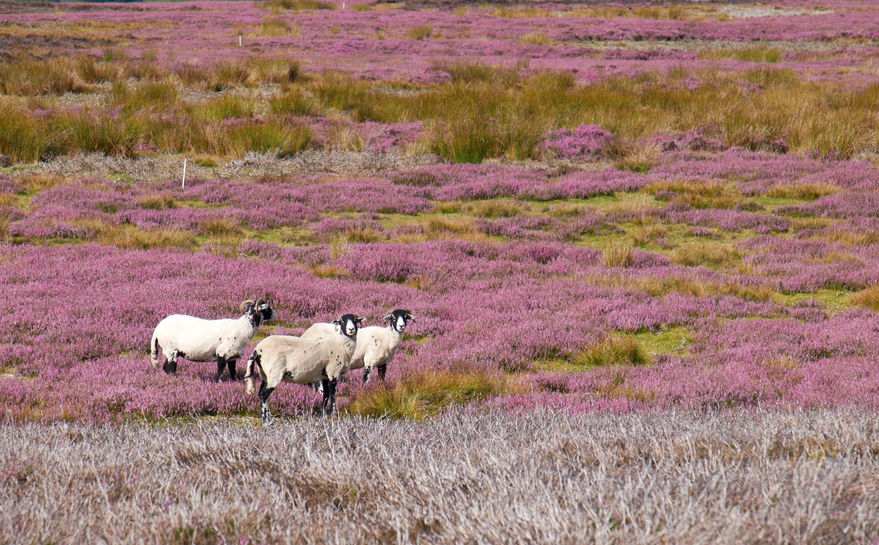Project seeks to 'promote and protect' UK's native sheep breeds

Farmers are set to launch a new project promoting Britain's sixty native sheep breeds in a bid to add value to the supply chain and introduce the public to new flavours.
The British Heritage Sheep initiative wants to offer consumers an 'exciting new eating experience' by introducing to the market meat from native breeds.
The move would offer the public a 'wealth of flavours' which have not been experienced in modern times.
The strategic proposal would also 'promote and protect' the diversity of Britain’s native breeds of sheep and boost landscapes, rural communities and the environment.
The group behind the plan, the National Sheep Association (NSA), will meet breeders, food service professionals and the wider livestock sector on Friday (29 November) to discuss the project.
It is based on informing consumers about the ‘ABC’ of sheep meat - the Age and Breed of the sheep, and the area of Countryside where it has been farmed.
Age is in three categories – lamb (up to 12 months); hogget (12-24 months), and mutton (24 months+).
Breeds focus on UK native breeds developed before 1960 – around 60 of them, and the Countryside is specific UK landscapes and environments.
Labels will inform consumers about these different aspects, as well as others, which will be accessed via an app and barcode.
For example, it could highlight that the meat is Suffolk lamb from the Fens of Cambridgeshire, Derbyshire Gritstone hogget from the Dales, or Welsh Mountain mutton from the Cambrian mountains.
NSA chief executive Phil Stocker said he believes it is 'time' to promote the native breeds or they could be 'lost'.
“The iconic British landscape has evolved over hundreds of years around the farming of our native sheep breeds,” he explained.
“This connection between landscapes and the native breeds which have created them is an important cultural link which we lose at our peril.
He added that each breed has its own niche and purpose, and each has its own flavour.
“The scheme will open up this treasure trove of different flavours and textures to the UK public, and potentially wider afield by spearheading exports.
“Never before has this been more important to promote.”
Bob Kennard, author of the report who has conducted the research behind the proposal, said he hopes it would be 'extra excitement and enjoyment' to consumers.
He said: “Through taste trials we have shown that there is a wealth of flavours to enjoy in sheep meat, not just the superb standard lamb.
“This is hardly surprising, as the Victorians knew this very well, and many had their favourite breeds.
“For millennia older sheep meat was also much more widely eaten in the UK, and yet for the past few decades this great array of flavours has not been available.
“Encouragingly, our consumer research showed that there was particular interest from younger people,” Mr Kennard said.








